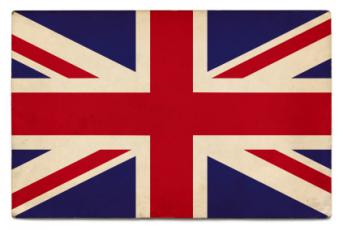New UK domestic violence definition includes coercive control
Sun 14 Oct 2012
The UK Home Office has annouced it will expand the definition of domestic violence to include 'coercive control' and to cover people 16 years ...
 The UK Home Office has annouced it will expand the definition of domestic violence to include 'coercive control' and to cover people 16 years of age and older. The change is to the official definition of domestic violence used across government rather than the legal definition.
The UK Home Office has annouced it will expand the definition of domestic violence to include 'coercive control' and to cover people 16 years of age and older. The change is to the official definition of domestic violence used across government rather than the legal definition.
The new definition of domestic violence and abuse is:
Any incident or pattern of incidents of controlling, coercive or threatening behaviour, violence or abuse between those aged 16 or over who are or have been intimate partners or family members regardless of gender or sexuality. This can encompass but is not limited to the following types of abuse:
- psychological
- physical
- sexual
- financial
- emotional.
Controlling behaviour is:
a range of acts designed to make a person subordinate and/or dependent by isolating them from sources of support, exploiting their resources and capacities for personal gain, depriving them of the means needed for independence, resistance and escape and regulating their everyday behaviour.
Coercive behaviour is:
an act or a pattern of acts of assault, threats, humiliation and intimidation or other abuse that is used to harm, punish, or frighten their victim.
The definition includes so called 'honour' based violence, female genital mutilation (FGM) and forced marriage. The new definition will be implemented by March 2013.
The expansion of the definition to cover 16 and 17 year olds came after the British Crime Survey 2009/10 found that 16-19-year-olds were the group most likely to suffer abuse from a partner.
'New definition of domestic violence will include ‘coercive control’', Family Law Week, 19/9/12


